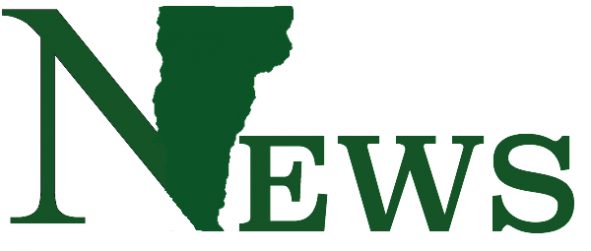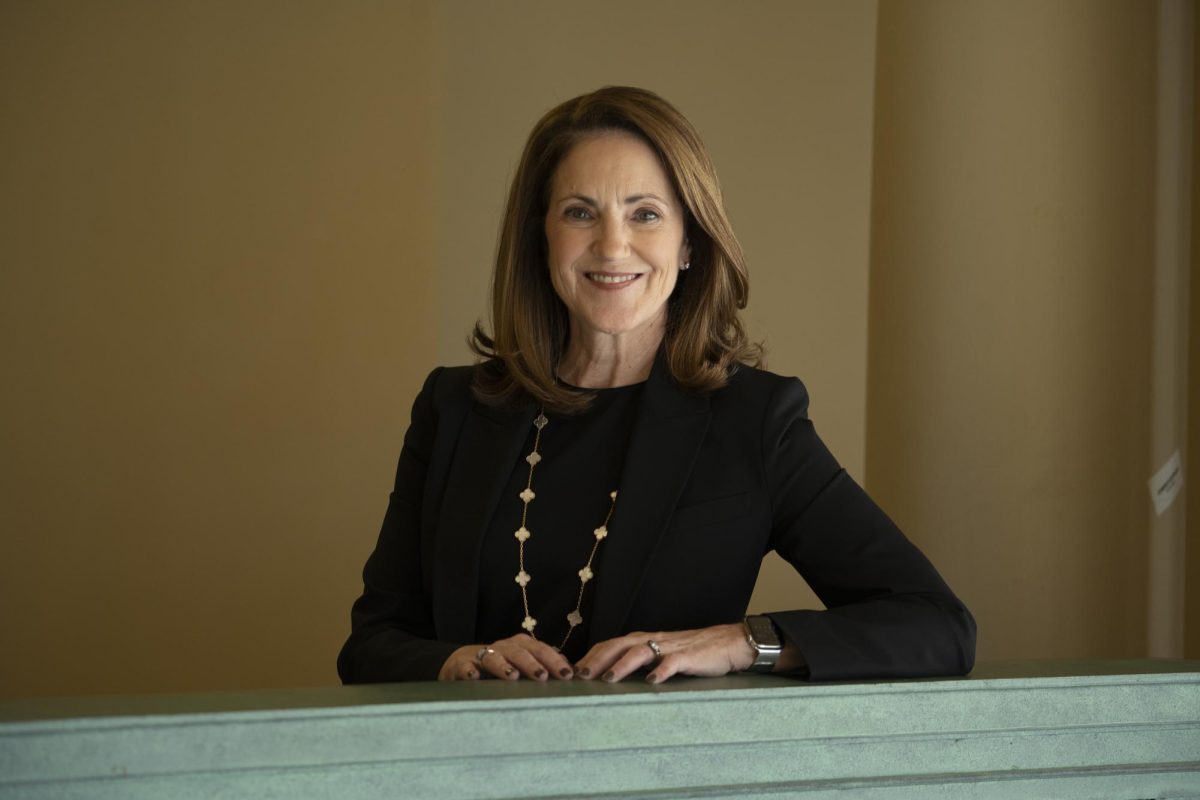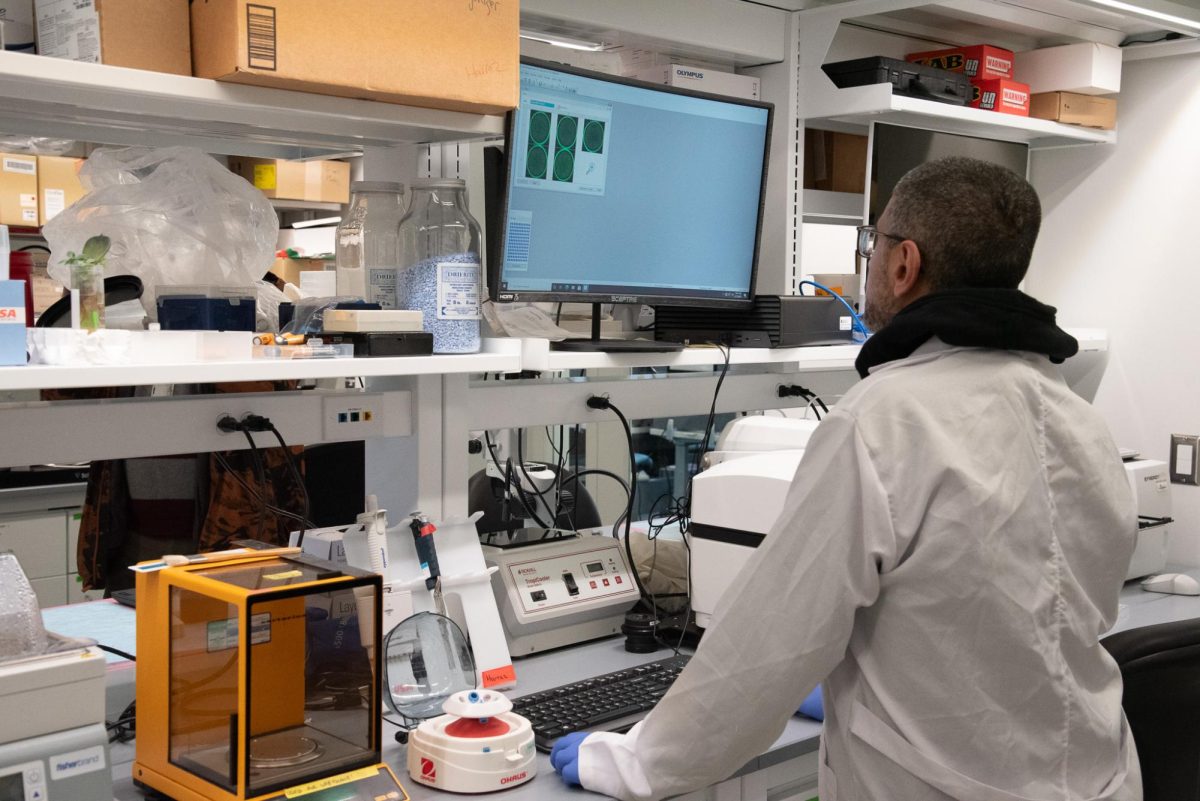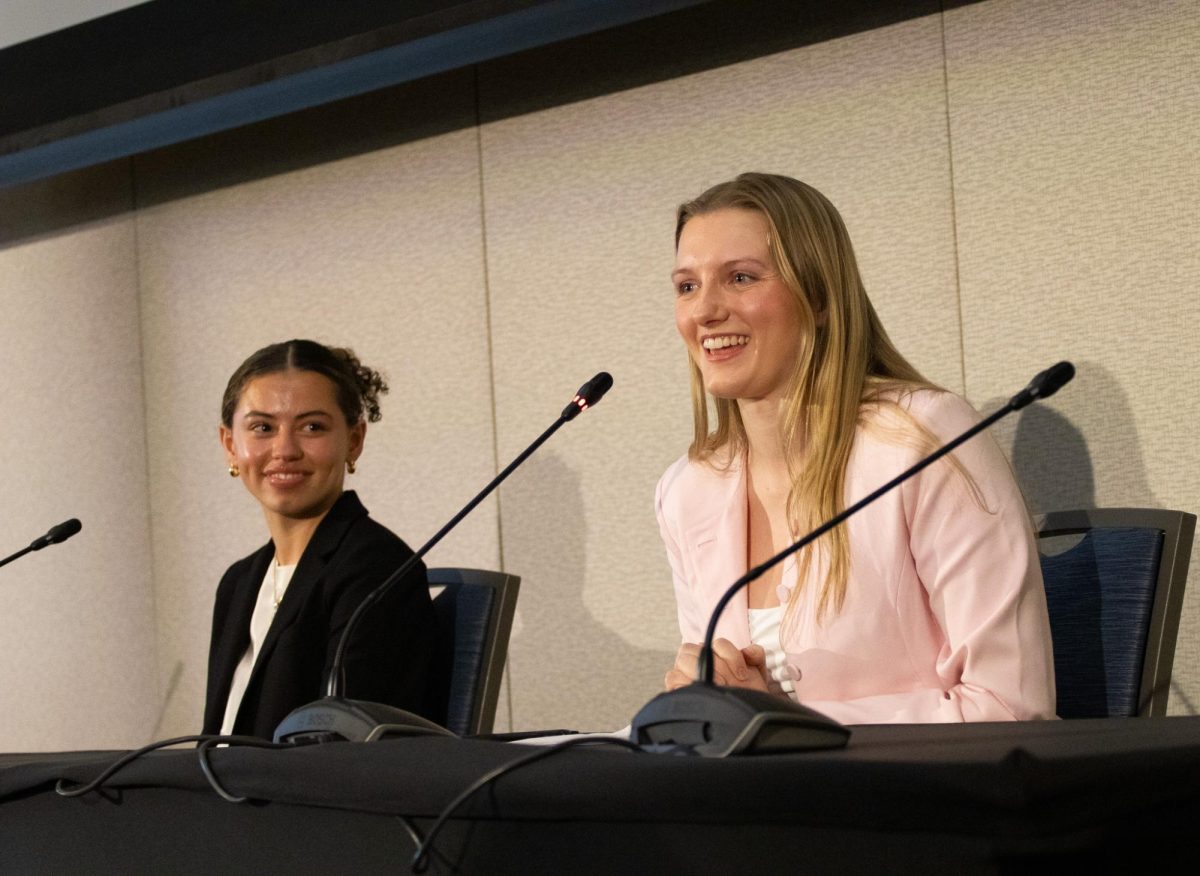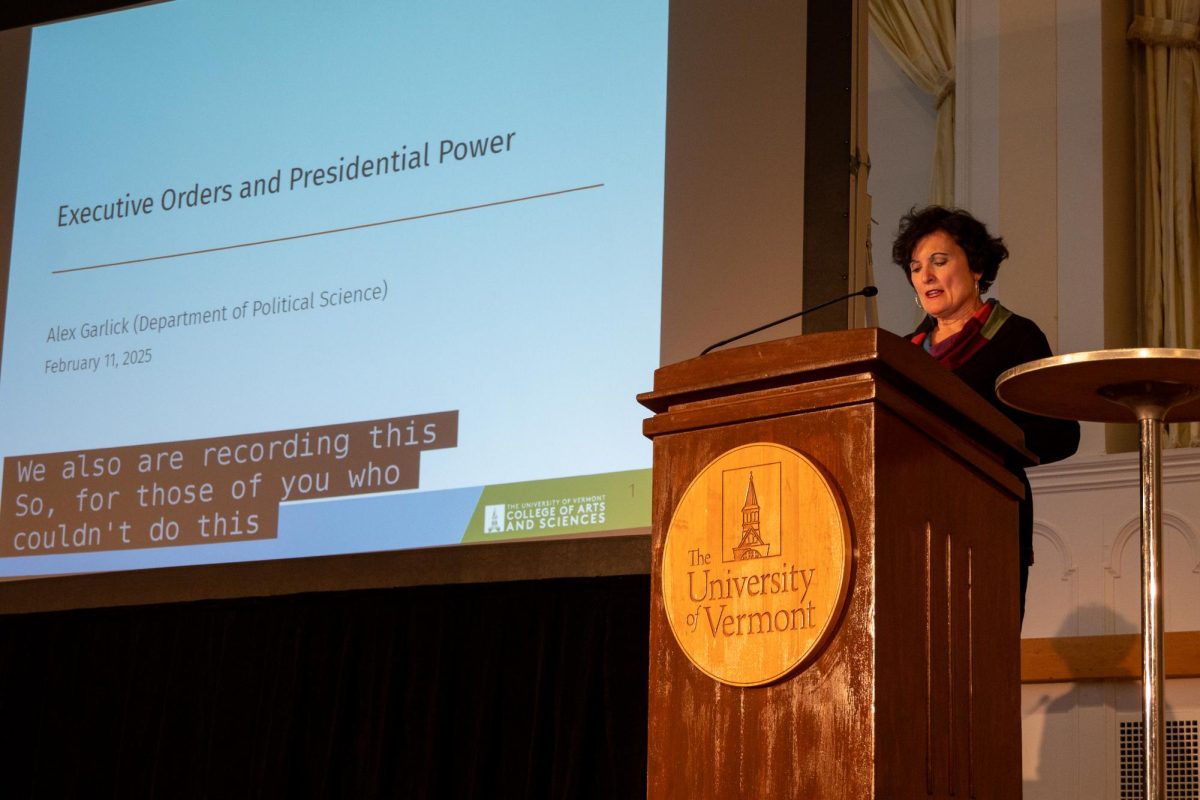The Faculty Senate has begun implementing a new form of student assessment focused on helping faculty better design their curriculum.
The UVM Assessment Initiative launched last year is ready to be put into use by faculty and staff to collect data on how students here are performing, and determine academic areas that need improvement.
This data will be used to make changes to education requirements and academic programs.
It is intended to become a standardized means of assessing student performance. The initiative is slated to run through 2019 in anticipation of an accreditation review of the University by the New England Association of Schools and Colleges.
According to a presentation made at the Faculty Senate meeting Nov. 28, the goal of this initiative is to have informative, sustainable assessment plans in place for all programs by the end of fall 2017.
This project is being headed by Brian Reed, associate provost for Teaching and Learning and Jennifer Dickinson, provost’s faculty fellow for assessment.
“The whole thing is based on the idea that an assessment tells you what you need to work on to do what you do even better,” Reed said.
He also spoke of the creation of a database of learning initiatives and goals throughout the university, which are going to be used in the assessment of student outcomes.
Each department created a template of student learning outcome expected to be reached by the time a student graduates, which can be measured and assessed.
“What the assessment coordinator would be doing,” Reed said, “[is] every other year we’re going to do capstone seminars and get faculty together and score these, and every year we’re going to do a rubric.”
Not everything will be done at once, Reed said. “It’ll be a different set of outcomes we will measure,” he said. “[We] may also do surveys of seniors asking how well this objective or that was met.”
Reed said he hopes that the departments and programs will have a solid plan in place by the end of 2017.
“The curriculum is going to be composed of a series of courses that hopefully are going to lead to a set of outcomes for our graduates,” he said. “It’s all about education quality, and there’s always room for improvement.”


